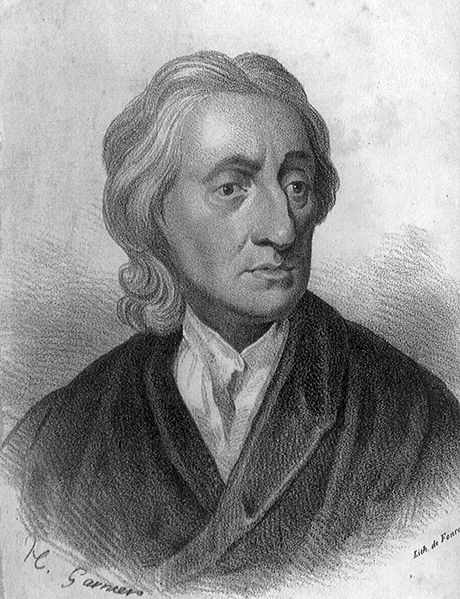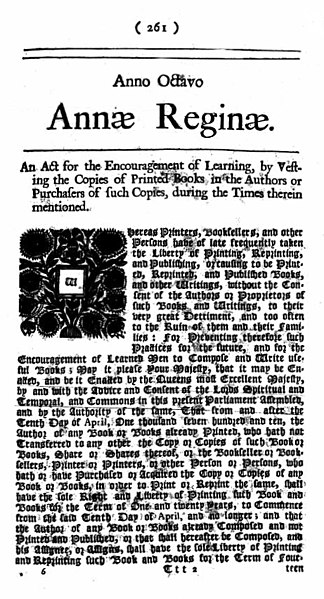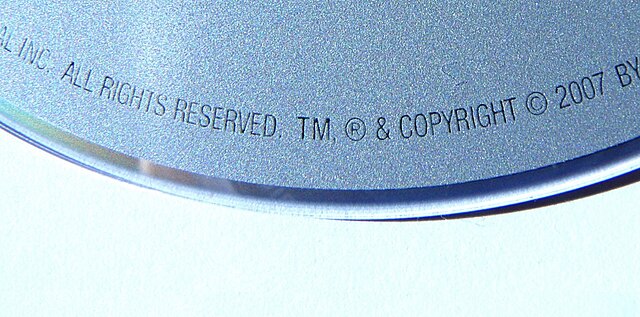The Statute of Anne, also known as the Copyright Act 1709 or the Copyright Act 1710, was an act of the Parliament of Great Britain passed in 1710, which was the first statute to provide for copyright regulated by the government and courts, rather than by private parties.
John Locke, whose close relationship with Edward Clarke led to the repeal of the Licensing Act
The Statute of Anne
James Thomson, whose work The Seasons was the subject of Millar v Taylor
Lord North, who expanded the provisions of the Statute of Anne in 1775
A copyright is a type of intellectual property that gives the creator of an original work, or another right holder, the exclusive and legally secured right to copy, distribute, adapt, display, and perform a creative work, usually for a limited time. The creative work may be in a literary, artistic, educational, or musical form. Copyright is intended to protect the original expression of an idea in the form of a creative work, but not the idea itself. A copyright is subject to limitations based on public interest considerations, such as the fair use doctrine in the United States.
The Statute of Anne (the Copyright Act 1709) came into force in 1710.
The Pirate Publisher—An International Burlesque that has the Longest Run on Record, from Puck, 1886, satirizes the then-existing situation where a publisher could profit by simply copying newly published works from one country, and publishing them in another, and vice versa.
A copyright symbol embossed on a piece of paper
Generic DVD: All rights reserved







